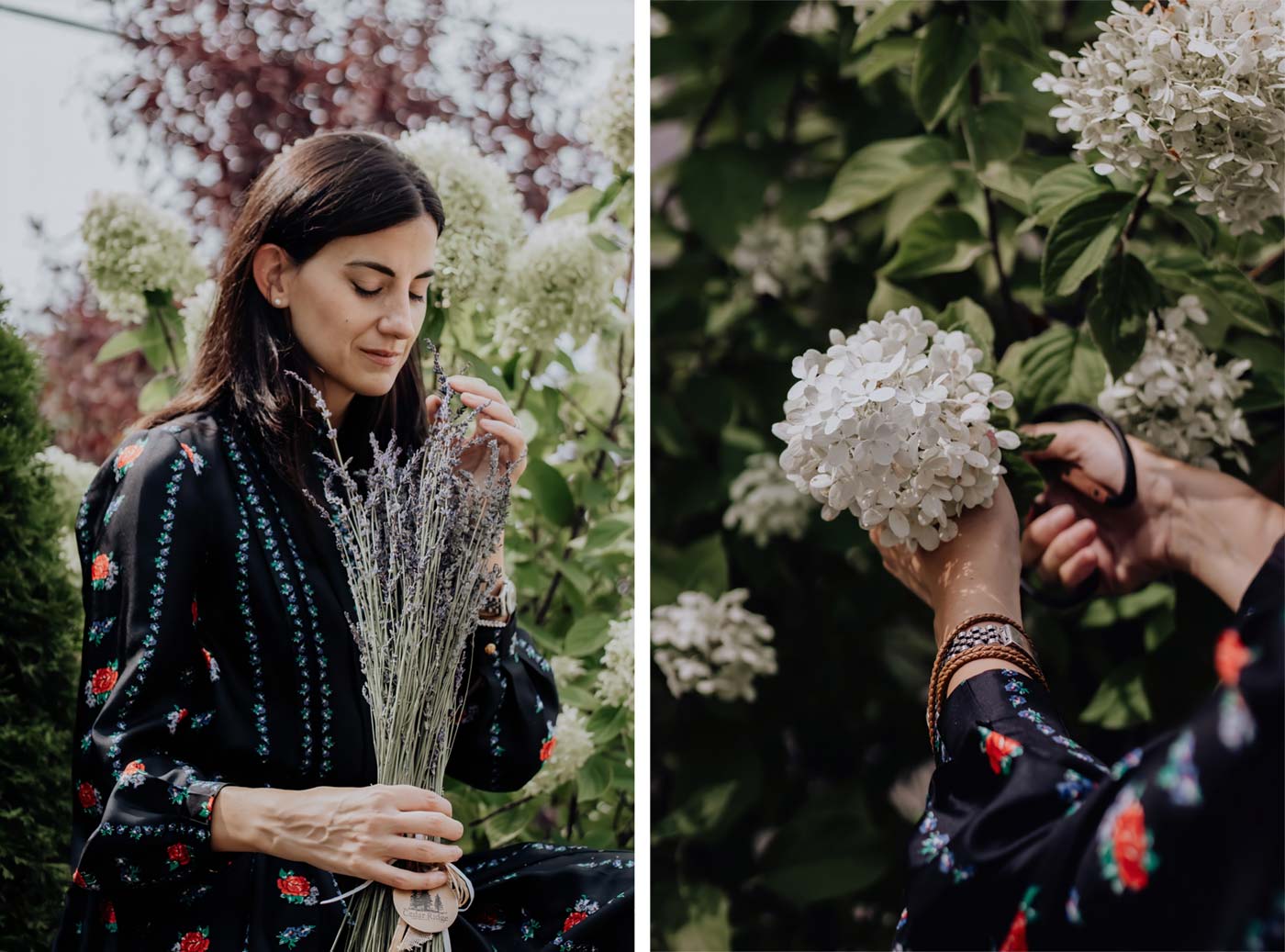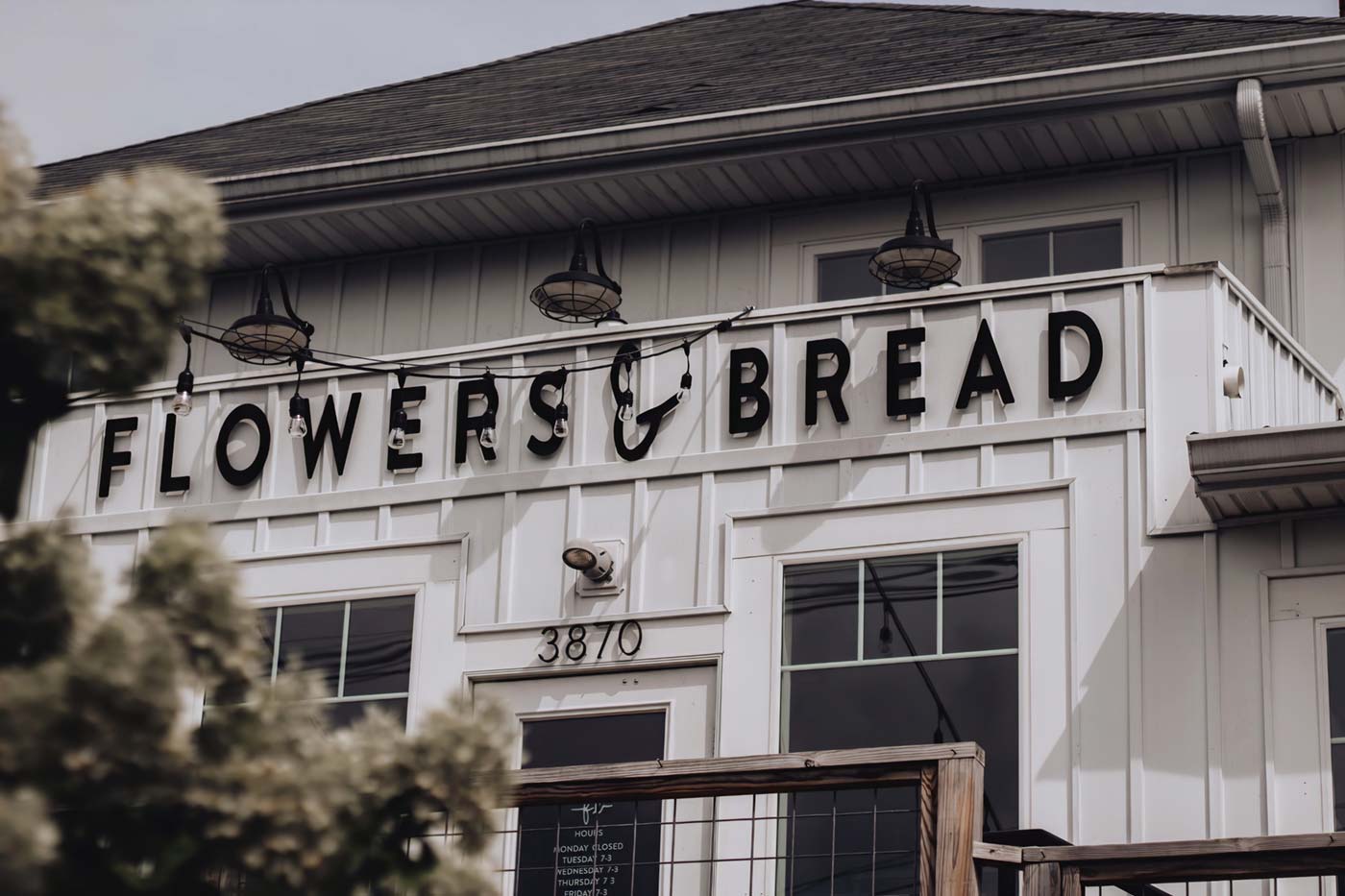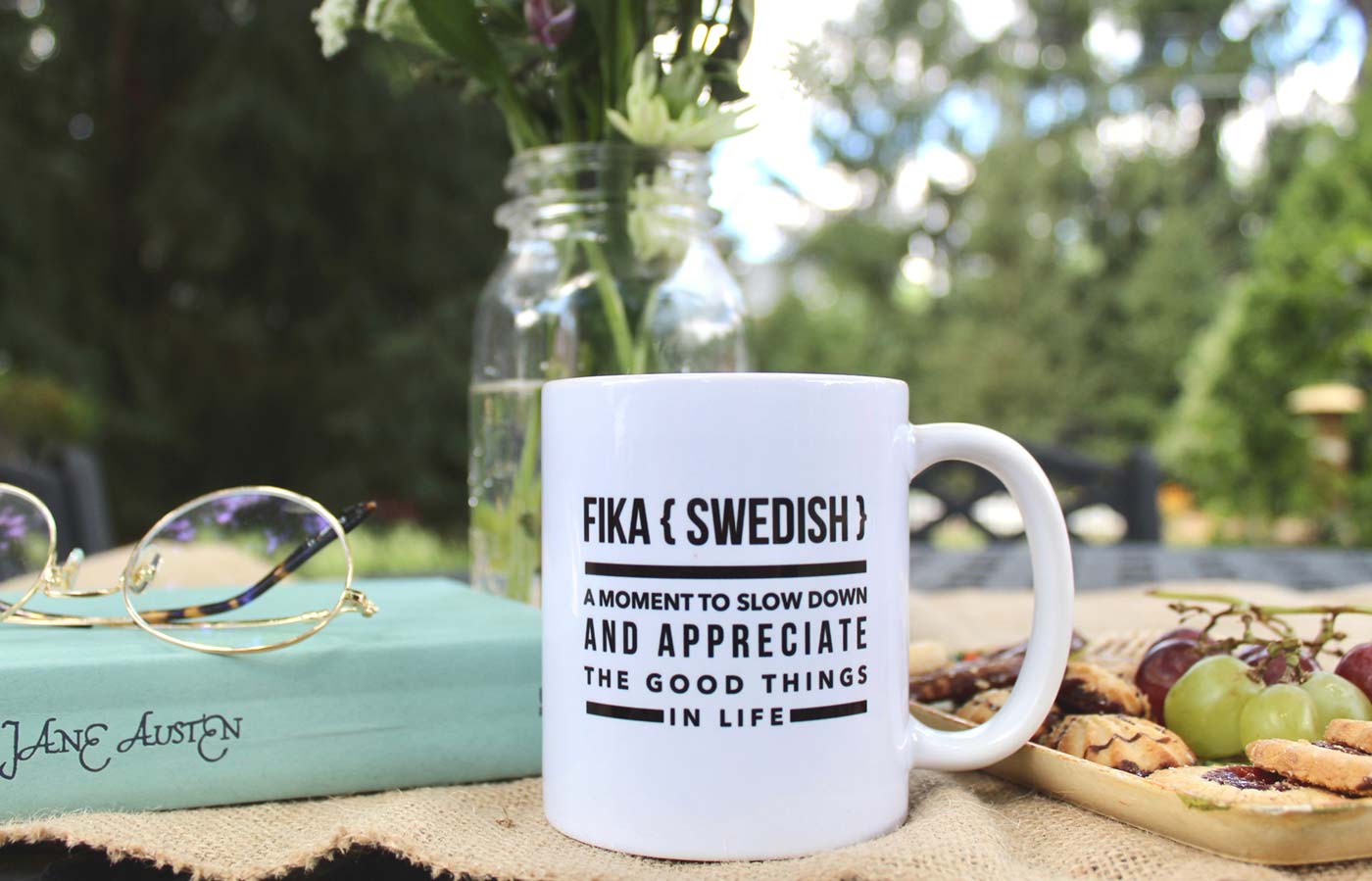Embracing Life at a Slower Pace
Functioning as both a verb and a noun, fika is a word many Swedes prefer not to translate. Falling into that magical category of words untranslatable between languages, fika is more of a feeling to be experienced rather than precisely defined. And, chances are, you’ve already experienced the very essence of it in Columbus, some 3,000 miles away from Sweden, without even realizing it.
If you’ve ever carved out time to share a coffee, a sweet treat and a warm conversation with a dear friend, you’ve experienced fika. If you’ve ever intentionally stepped away from a mounting to-do list to enjoy a pause with a co-worker over tea, you’ve experienced fika. If you’ve placed your phone aside, instead relaxing with the weight of a book in one hand and a mug in the other, you’ve experienced fika.
In Sweden, this act of fika occurs on both weekdays and weekends, taking place in cafés and in the homes of friends, outside at parks and even at work. The reason many Swedes don’t want to translate the word is for fear the significance of it will be reduced to merely a coffee break, which is far from its true essence. Fika is a social phenomenon, a ritual, a state of mind, a custom where people gather to eat, drink and talk. It’s an intentional pause in a world that can too often feel too busy.

Sarah Lagrotteria sought to build intentional pauses into the model for her business. Flowers & Bread attracted a following with its hands-on floral arranging and baking classes. (Photos by Jeremy King)
FIKA IN COLUMBUS
While the word fika itself is new to Sarah Lagrotteria, co-founder of Flowers & Bread, the concept is already ingrained within the walls of her space on North High Street in Clintonville.
“Creating opportunities for such pauses has always been our goal at Flowers & Bread,” says Lagrotteria. “Our business model encourages you to put down your phone and engage your hands and mind in something else, whether with dough, flowers or just holding a warm cup of coffee and confiding in a friend. [Prior to coronavirus] nothing made me happier than seeing friends playing cards in the floral studio or a couple sitting quietly with their respective books and coffees over a shared piece of cake. Those were the moments I felt like we had accomplished our goal.”
A YEAR FOR PAUSE
In light of the global events that have transpired this year, the entire world was in some way or another forced into a collective pause. While it has been a time dotted with fear, doubt and uncertainty, it has also been a time of realignment and realization, a moment to take stock of what brings significance and meaning to each of our lives.
Many are yearning to get back to a considered sense of what was once normal. But for others, the pause may have urged a reconsideration of how their time has been spent, and how it should be spent moving forward. It may manifest in a rejection of the fast-paced, notification-driven culture, and instead incorporating simple yet significant shifts, such as fika, into our daily routines.

The shop closed its popular café and went through a remodeling to make more space for classes. (Photo by Jeremy King)
THE SLOW MOVEMENT, NOW AND THEN
This adopted mind-set of intentional slowness and resistance to busyness has existed long before the abrupt halt that occurred this year. The concept of fika aligns with the Slow Living Movement, a lifestyle that embraces a slower, more conscious approach to everyday life. The Slow Living Movement was born out of the Slow Food Movement, which started in the 1980s as a rejection of fast food and has since evolved into a comprehensive approach to food, recognizing the strong connections between plate, planet, people, politics and culture, and serving as a springboard for other “slow” movements.
“Moments that ground us mean even more now because our modern world conspires against them,” continues Lagrotteria. “And I think we forget that we have a choice.” Perhaps it is these very choices that can, over time, result in positive changes in how we engage with ourselves, one another and our planet.
“If we practiced fika more often, we’d get back in touch with the flights of fancy and emotional impulses that make us each unique and wonderful. We’d strengthen our connections to one another. It might sound extreme to say that a regular practice of sharing coffee with friends could save the world, but I believe it makes a real difference,” says Lagrotteria.
And why couldn’t a shared coffee be a starting point for a slow change? A shared conversation over coffee is arguably better than a hurried, to-go coffee consumed alone. A shared slice of cake can spark or reinstill an interest in baking. This interest in home baking holds within it the opportunity to cultivate a greater appreciation for the farmers, bakers and other people in our community who work tirelessly to bring us food. We ourselves can learn new techniques for making food stretch further, like turning yesterday’s baked bread into today’s ribollita. This ribollita can then replace a meal that might have otherwise been fast food, bringing the intentional slowness full circle.
Or, at the very least, fika can simply mean embracing an untranslatable word by creating space for pause—and, of course, a cup of coffee. Within that pause, we can perhaps reconnect with others in the very ways that we lost earlier this year. Less isolation, more connectedness. Less frenzy, more fika.




